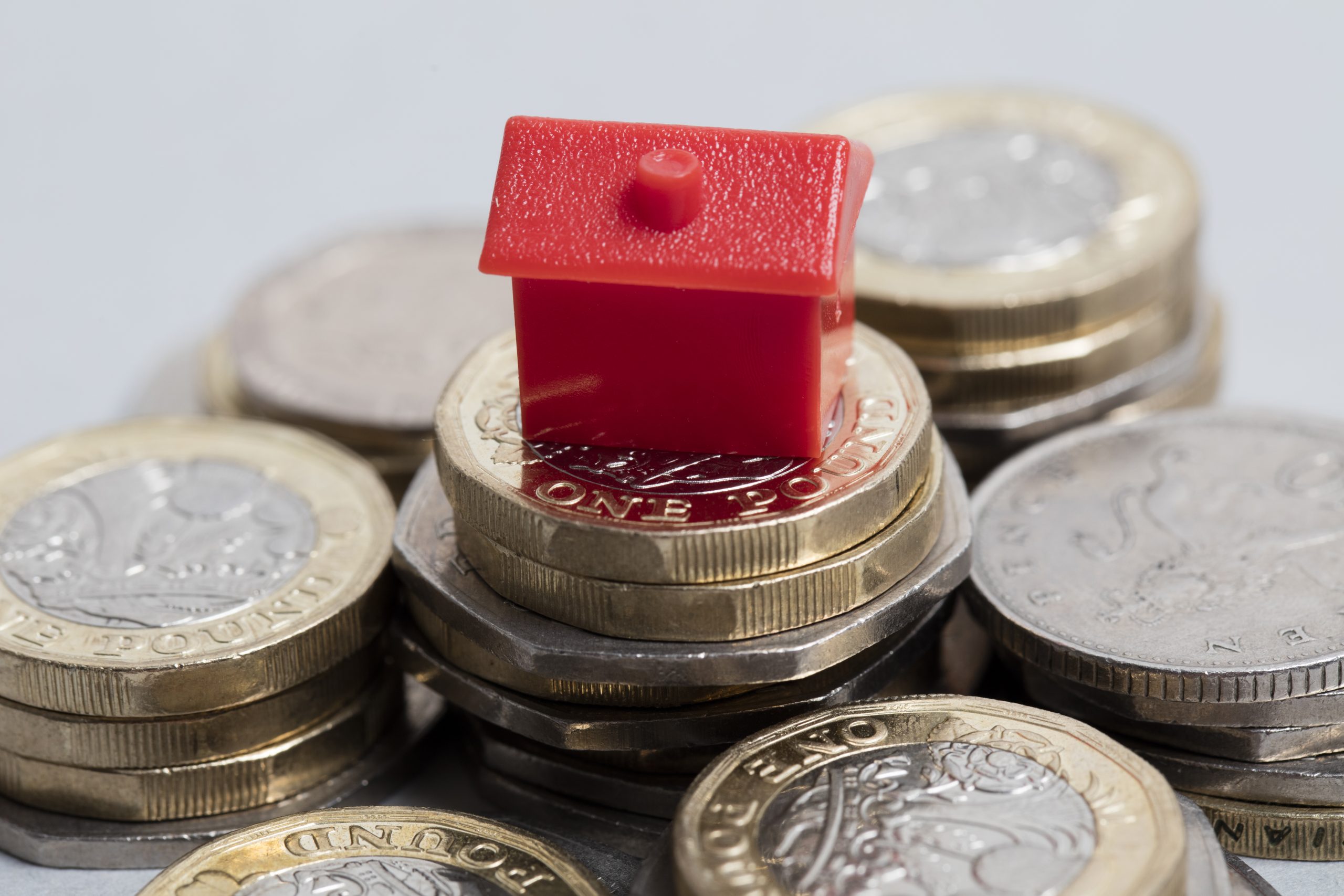First-time Buyer
Homebuyer appetite plummets to eight-month low in June

Sales activity in the housing market deteriorated in June as the effect of economic uncertainty and rising mortgage rates continued, a surveyor trade body revealed.
New buyer enquiries slipped to a net balance response score of -45%, down from -20% in May, according to The Royal Institution of Chartered Surveyors (RICS) UK Residential Market Survey for June.
RICS survey statistics are presented as scores between negative 100 and 100, with negative scores implying a decline, and positive readings suggesting an increase.
RICS said June’s score was the lowest reading since October last year when it recorded -51%.
Activity for newly agreed sales weakened in June too, with a net balance of -34% compared to -8% in May.
Again RICS noted it was the lowest reading since December 2022 when the net balance was -38%.
In its report, RICS stated: “This is on the back of the recent escalation in interest rate expectations. Indeed, as borrowing costs increased, many of the survey’s indicators fell deeper into negative territory this month, albeit most metrics remain at least somewhat above the lows hit towards the end of last year.”
In the near-term, surveyors’ expectations for sales activity recorded a score of -36%. This was a four-month low and compared to a score of -9% in May.
Looking ahead to the next 12 months, respondents expect sales activity to decline.
However, the level of available housing stock improved slightly, as respondents gave a score of -1% for new sales instructions in June, up from -14% in May. On average, estate agents had 37.4 available homes on their books.
RICS said although this was higher than the end of last year, it was low compared to historical trends.
Turning to house prices, surveyors reported seeing a decline and expected this to continue for the foreseeable future.
RICS said house prices were declining across all English regions, particularly East Anglia and the East Midlands. However, Northern Ireland and Scotland appeared to be outperforming the rest of the UK with house prices rising in these countries.
Houses that were more energy efficient were also faring better, as 58% said these homes were holding their value. A third of surveyors also reported a rise in interest in homes that are more energy efficient.
Rate rises ‘hit like a missile’
Iwona Hovenko, real estate analyst at Bloomberg Intelligence, said sharply rising rates made it harder for prospective buyers to afford a property and this affected housing market confidence.
She said this had “spooked” potential homebuyers, adding: “The elevated mortgage rates may continue dragging the housing market for the foreseeable future, until there are signs of inflation getting under control and a clarity emerging about the end of Bank of England’s rate hikes. In turn, this could help reduce pressure on mortgage rates and help the housing market find its balance again.
“Unfortunately – given the faster-than-expected wage and inflation growth in recent months – there seems to be limited scope for mortgage rates falling markedly in the near term, which may weigh on housing activity in the coming months. The longer the mortgage rates remain near their current elevated levels, the larger the potential damage inflicted on house prices and transactions.”
Jeremy Leaf, north London estate agent and a former RICS residential chairman, said: “There’s no doubt the latest rise in interest rates hit the market like a missile, prompting a pause for thought at the very least among buyers.”
He said his office saw a few withdrawals from purchases but there were negotiations on nearly every sale, usually including price.
Leaf added: “Listings are picking up but not as quickly as we expected, with interest on appropriately-priced properties continuing to be dominated by cash or equity-rich buyers.”
Tomer Aboody, director of property lender MT Finance, said: “As buyers await a more stable macro market with either a possible halt to rate increases or even potentially a reduction, sellers are also waiting before putting their properties on the market. After all, why try to sell now when buyers for the most of it are not active?
“This, in turn, is leading to forced sellers selling at lower levels. Until some respite comes from the Bank of England, we will likely see the housing market stagnate.”